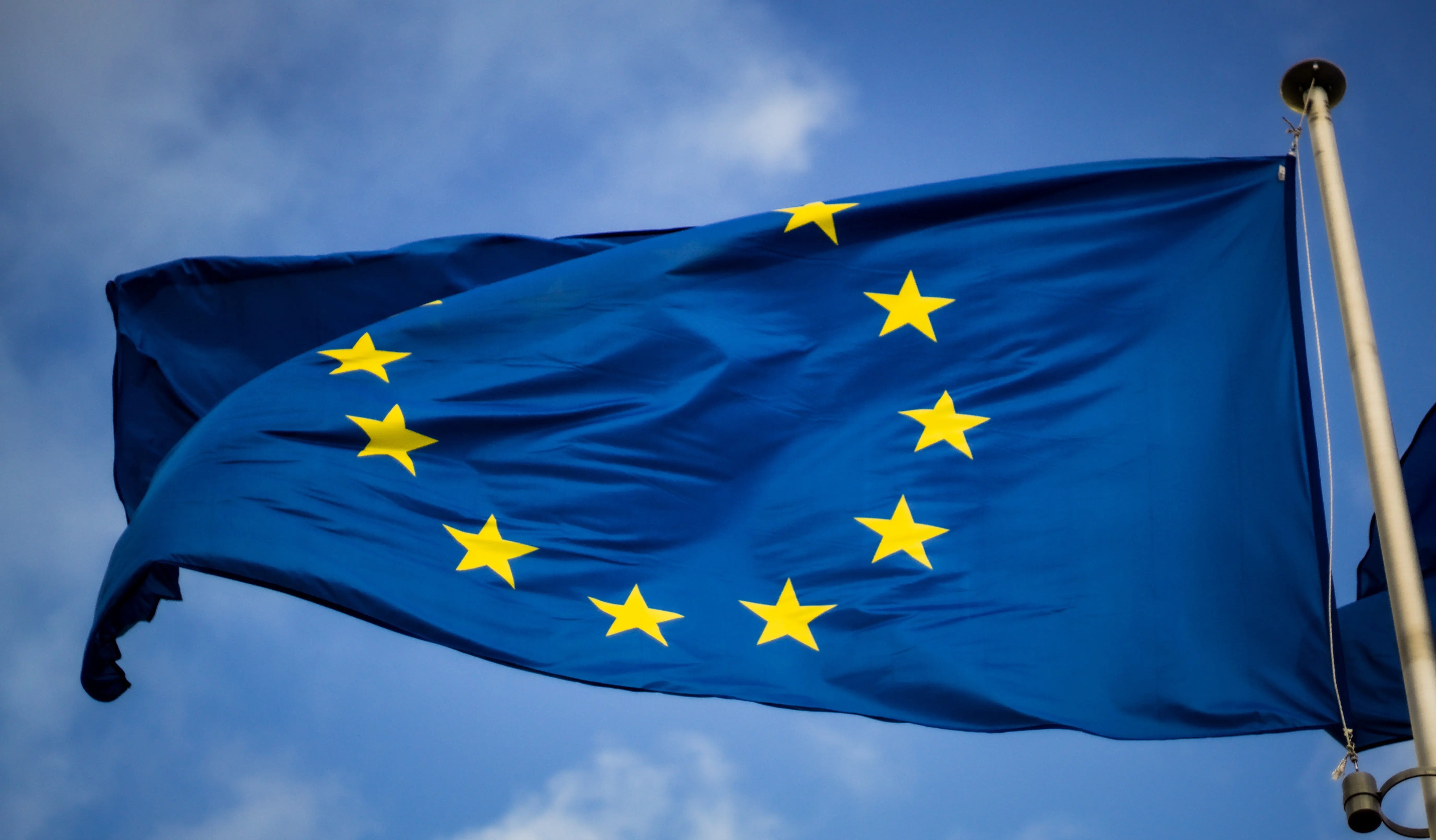
On 1 February the European Commission published its Green Deal Industrial Plan, designed to boost the competitiveness of EU net zero industries using the strength of the single market.
The plan was announced in the context of a a global energy crisis, international competition for green technologies, and the ongoing threat of European deindustrialisation.
Championed by European Commission President Von Der Leyen, the plan is designed to complement the ongoing implementation of the European Green Deal and REPowerEU, which aims to reduce Europe’s reliance on Russian fossil fuels and fast forward the green transition.
IIGCC members: Read the full member brief.
Our immediate reaction? While the plan is clearly positioned as a response to current events, it comes quite late in the day of the present Commission’s mandate. It is extremely ambitious, wide-ranging, and will require extensive negotiations to turn ambition into action.
Most notably for investors, there is scarce mention of the role of private finance amidst the detailed proposals on public finance flows and regulatory changes.
Here’s what it does say.
Four elements
The Green Deal Industrial Plan comprises of four primary elements:
- A predictable and simplified regulatory environment
- Funding support
- Skills
- International trade and supply chains
Of those four, ‘funding support’ is most likely to attract extensive political attention. This element aims to speed up investment in clean technology production through public finance flows, as well as proposing a new European Sovereignty Fund.
It also proposes reforms to EU state aid rules, which govern public subsidies to industries in times of crisis. Critics, including some smaller European nations, argue that these reforms disproportionately benefit the wealthiest EU nations and distort competition.
In a brief nod to private finance, this element does also propose reforms to the InvestEU initiative, which seeks to mobilise capital through an EU-backed budget guarantee for investors. We will analyse this proposal for our members as information becomes available.
No time to waste
The changing Commission and European elections, finalised in October 2024, will mean new Commissioners and MEPs, new ways of working and new alliances to form. All of which will slow progress.
Senior negotiators risk being embroiled in sensitive political debates while dense technical proposals will keep officials busy. Electricity market reform, the net zero industry act, and the critical raw materials act are just some of the regulatory changes proposed.
Missing from all this is a clear role for private finance in transitioning Europe’s industries to net zero, with mechanisms to support investor needs.
To maintain the EU’s position as a global climate leader there really is no time to waste, and clearer signals from policymakers to mobilise all forms of finance towards climate action are required.
We welcome the industrial plan and its alignment with the union’s world-leading ambitions, but public finance alone cannot provide the trillions needed to facilitate the transition to net zero by 2050 in line with the goals of the Paris Agreement.
This is the message we will take to Brussels and beyond in our engagements with key stakeholders as negotiations unfold. Our ask is that the Commission and co-legislators include the finance sector in discussions, and early, to unlock private capital for net zero.
If you’d like to receive our exclusive member-only insights and analysis, why not speak to our investor relations manager today to find out more about becoming a part of IIGCC.